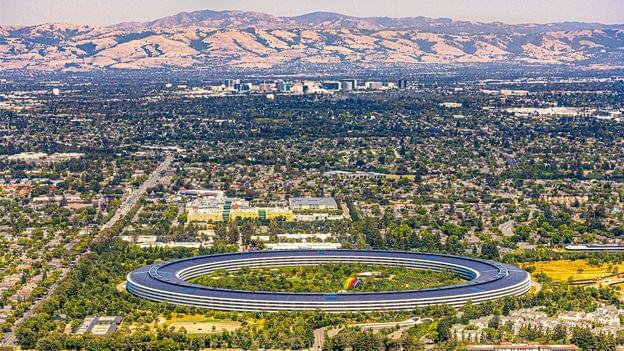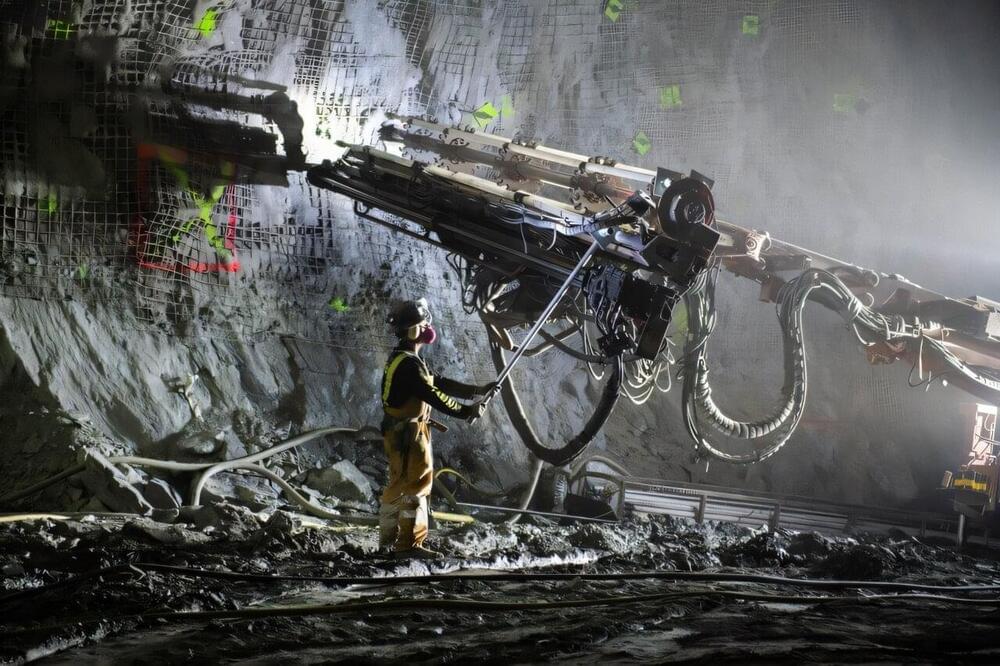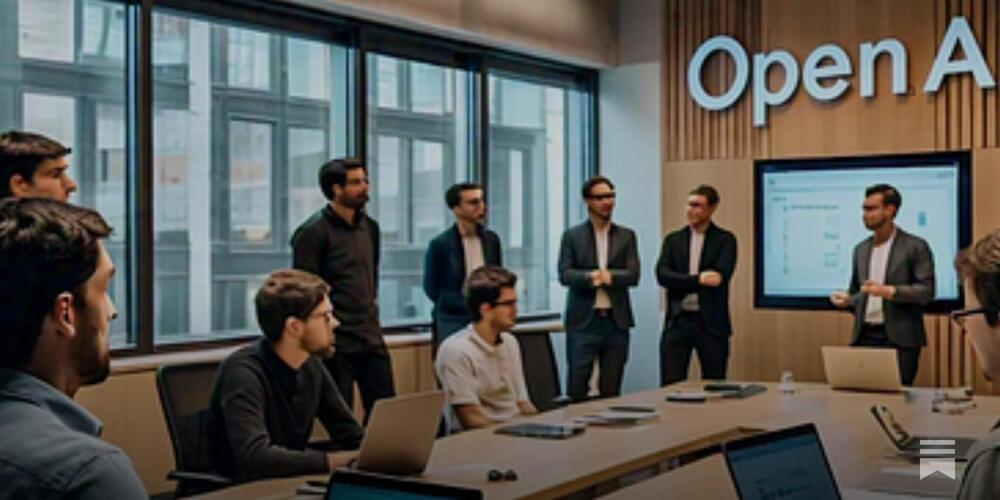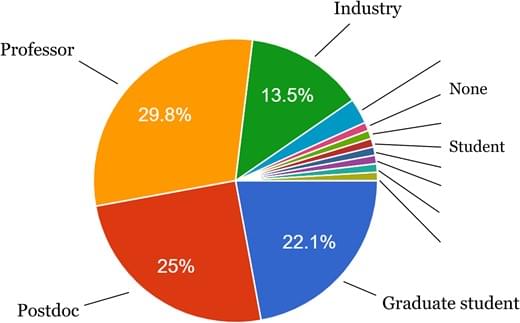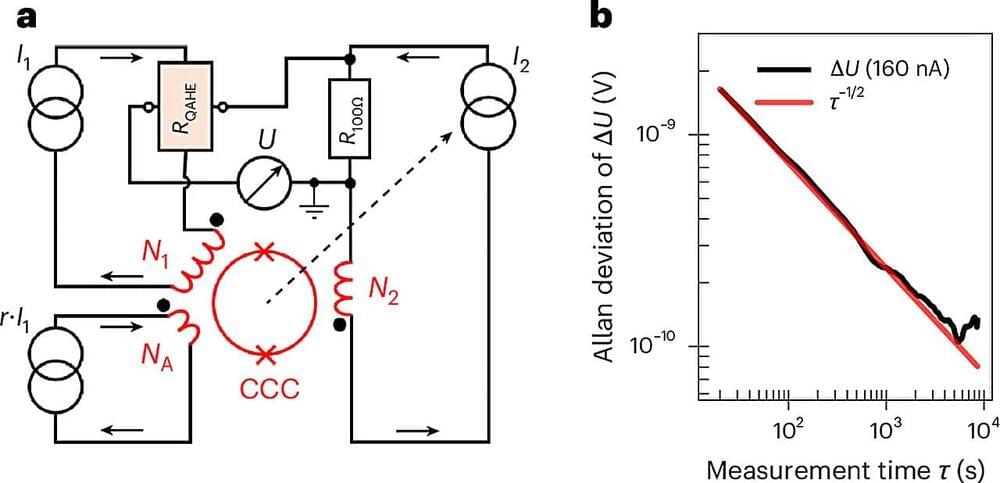Chinese rivals, including Alibaba and DeepSeek, have released reasoning models like Marco-o1 and R1-Lite-Preview, are encroaching fast, challenging OpenAI’s dominance with open-source solutions and eclipsing o1-preview on certain third-party benchmarks.
These developments reflect the growing demand for large reasoning models (LRMs) capable of handling complex problem-solving tasks.
As OpenAI continues to refine its offerings, the rollout of o1 and ChatGPT Pro marks a milestone in its quest to provide accessible, high-performance AI tools. Whether these developments can maintain OpenAI’s leadership in an increasingly crowded market remains to be seen.
